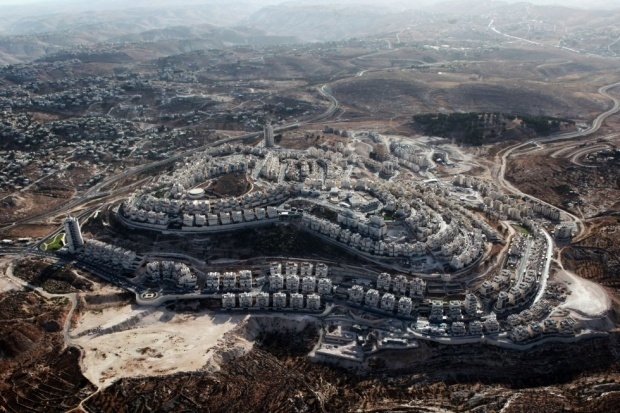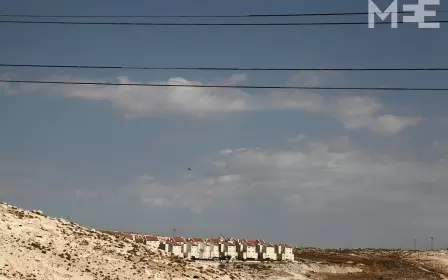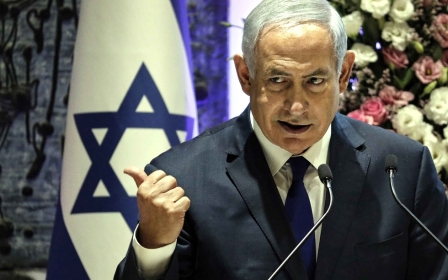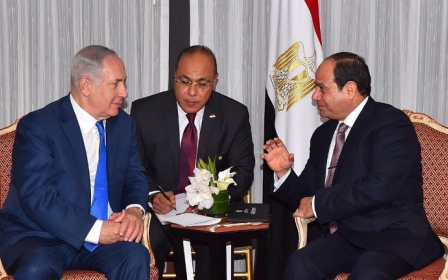Israel postpones controversial 'annexation' bill after US pressure
US pressure delayed an Israeli ministerial vote on Sunday on a proposed bill that Washington fears entails annexation of Jewish settlements near Jerusalem, an Israeli lawmaker said.
The "Greater Jerusalem" legislation would put some settlements in the occupied West Bank, built on land Palestinians seek for a future state and viewed as illegal by most countries, under the jurisdiction of Jerusalem's municipality.
The bill, proposed by a member of Prime Minister Benjamin Netanyahu's right-wing Likud party, was to have been submitted for approval on Sunday to a ministerial committee on legislation, a first step before a series of ratification votes in parliament.
But Likud lawmaker David Bitan, chairman of Netanyahu's coalition in parliament, said a vote by the cabinet committee would be delayed because Washington told Israel the bill's passage could impede US efforts to revive peace talks that collapsed in 2014.
"There is American pressure that claims this is about annexation and that this could interfere with the peace process," Bitan told Army Radio.
"The prime minister doesn't think this is about annexation. I don't think so either. We have to take the time to clarify matters to the Americans. Therefore, if the bill passes in a week, or in a month, it's less problematic," he said.
Proponents of the legislation say it falls short of formal land annexation to Israel but will enable some 150,000 settlers to vote in Jerusalem city elections. Intelligence Minister Israel Katz, a supporter of the bill, has said this would "ensure a Jewish majority in a united Jerusalem".
Its opponents argue that it is a step towards full unilateral annexation of the West Bank settlements affected - a move that would be sure to spark international outrage.
For the vast majority of the international community, the status of Israel's settlements, built on land the Palestinians see as part of their future state, is to be decided in peace negotiations.
The bill has drawn harsh criticism from Palestinians and those hoping to salvage the two-state solution.
Settlements
Settlements affected are Maale Adumim, Beitar Illit, Efrat, Givat Zeev, and the Gush Etzion settlement bloc.
Intelligence and Transportation Minister Yisrael Katz, who has pushed for the bill, says it would add an additional 150,000 people to Jerusalem's population, strengthening its Jewish majority.
Some 500,000 Israelis live in the West Bank and East Jerusalem, areas home to more than 2.6 million Palestinians. Israel disputes that its settlements are illegal, citing historical, Biblical and political links to the territory, as well as security considerations.
Israel occupied the West Bank, including East Jerusalem, in the Six-Day War of 1967. It later annexed East Jerusalem in a move never recognised by the international community.
It sees the entire city as its indivisible capital, while the Palestinians want the eastern sector as the capital of their future state.
New MEE newsletter: Jerusalem Dispatch
Sign up to get the latest insights and analysis on Israel-Palestine, alongside Turkey Unpacked and other MEE newsletters
Middle East Eye delivers independent and unrivalled coverage and analysis of the Middle East, North Africa and beyond. To learn more about republishing this content and the associated fees, please fill out this form. More about MEE can be found here.





